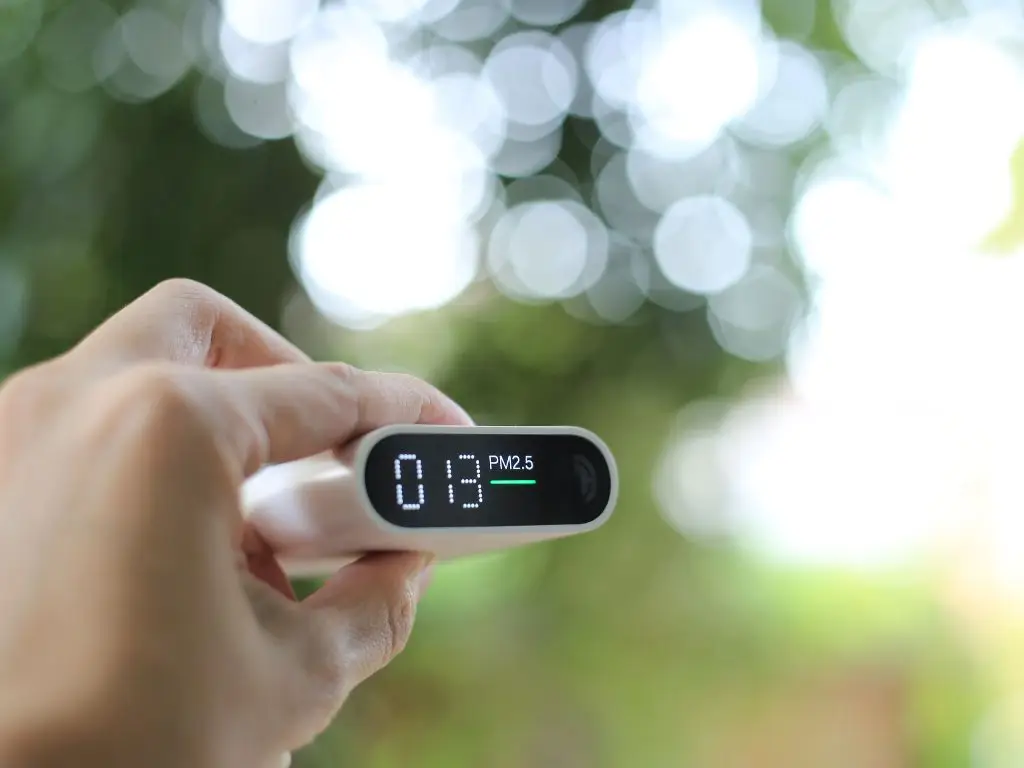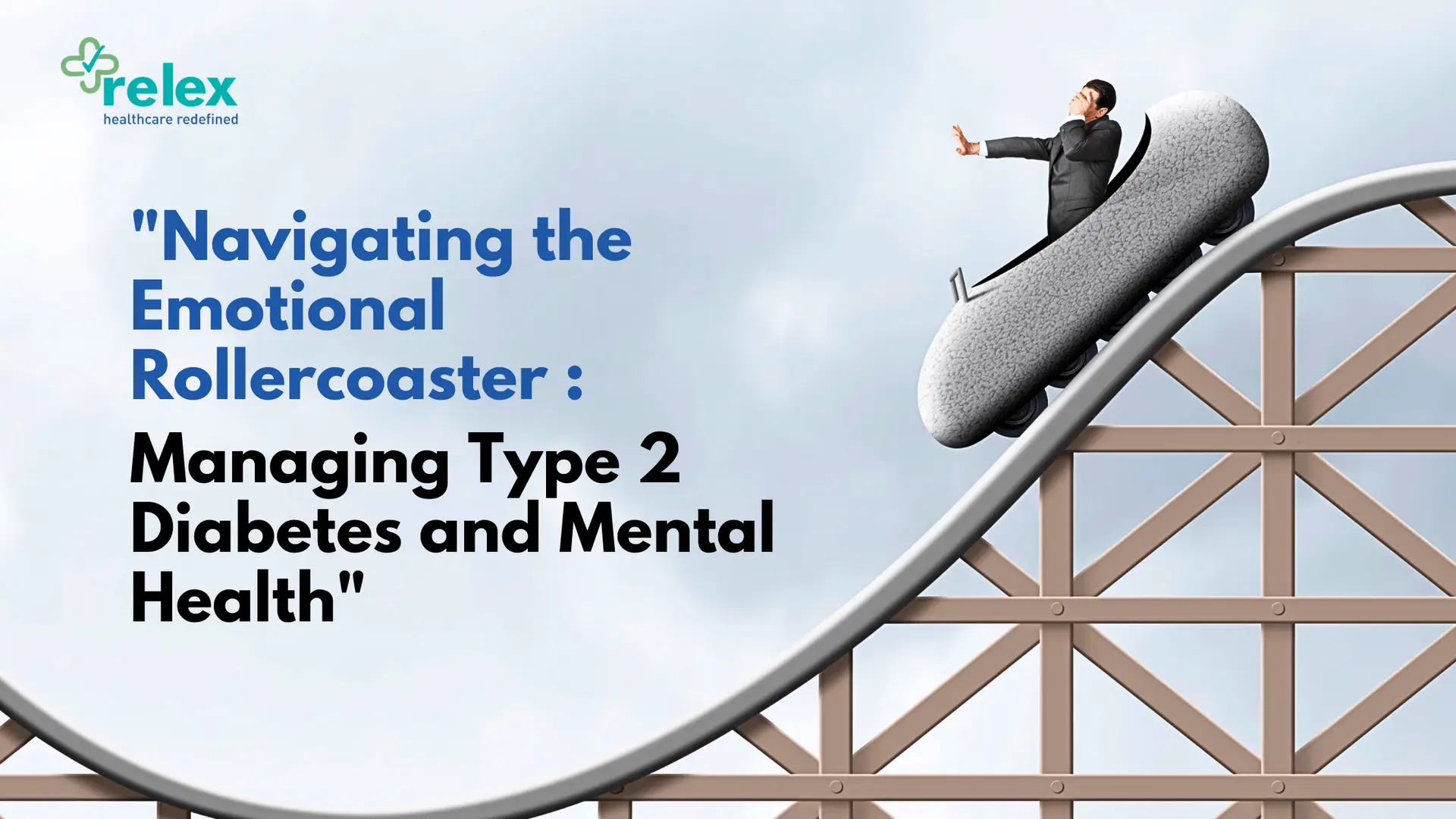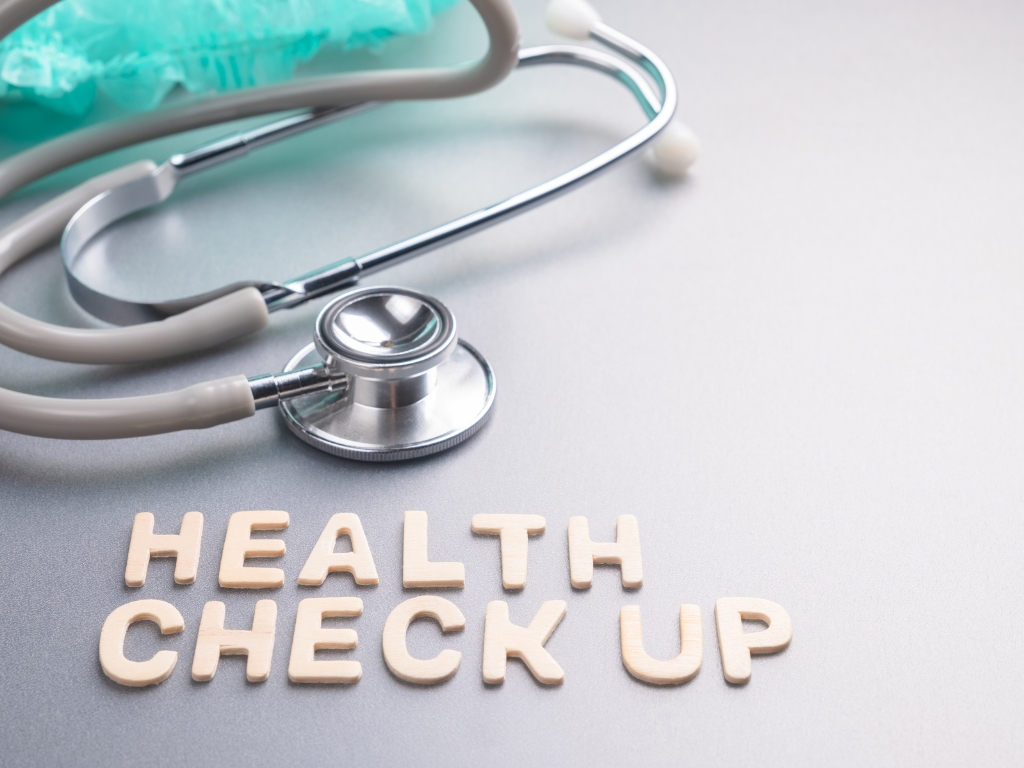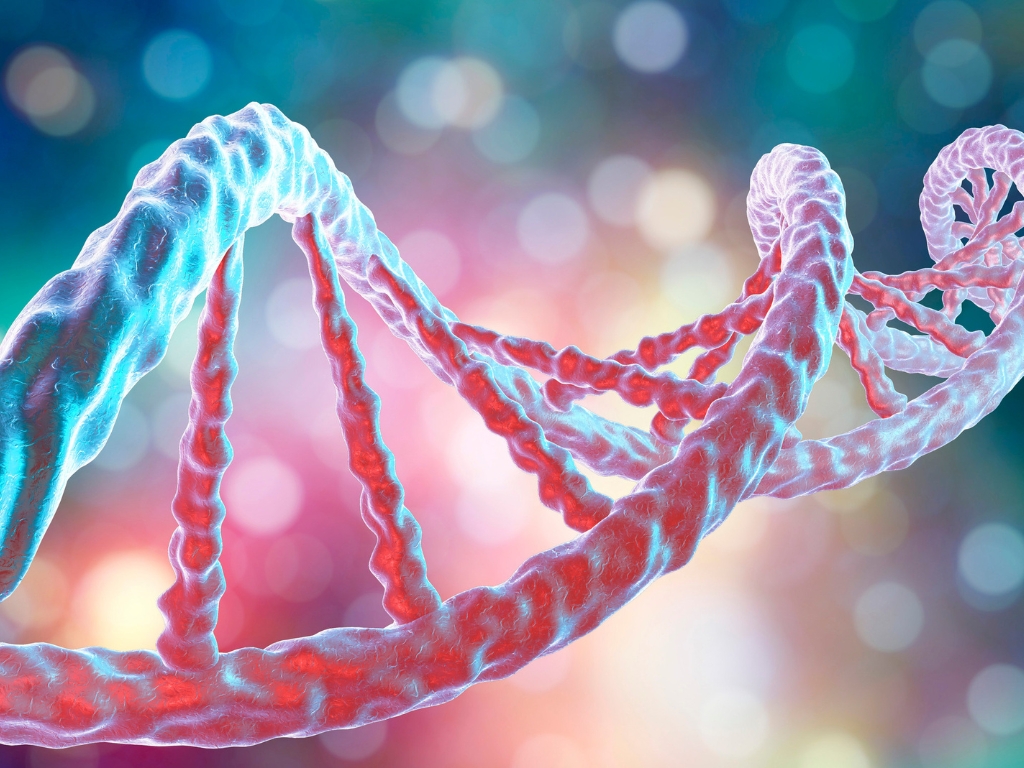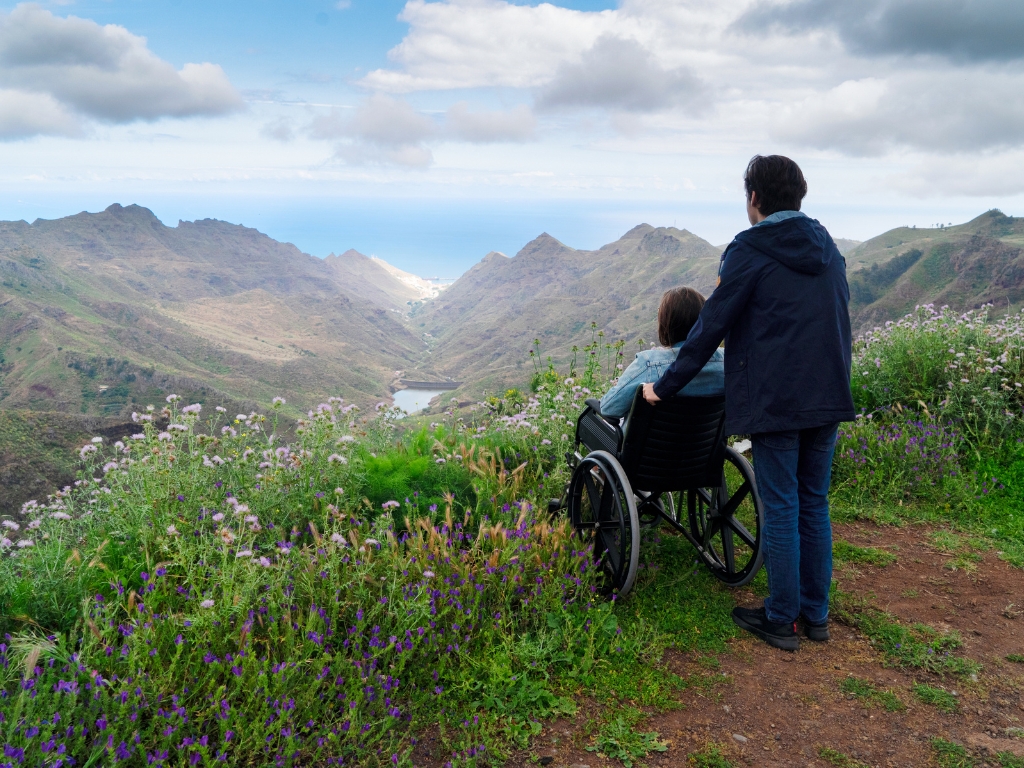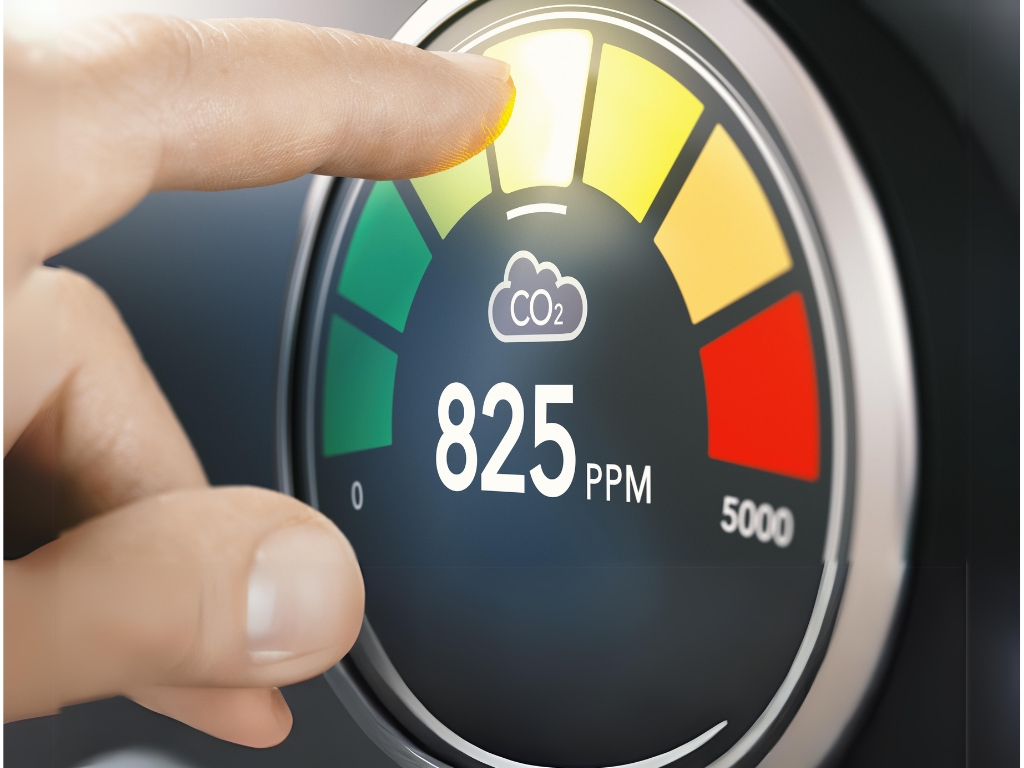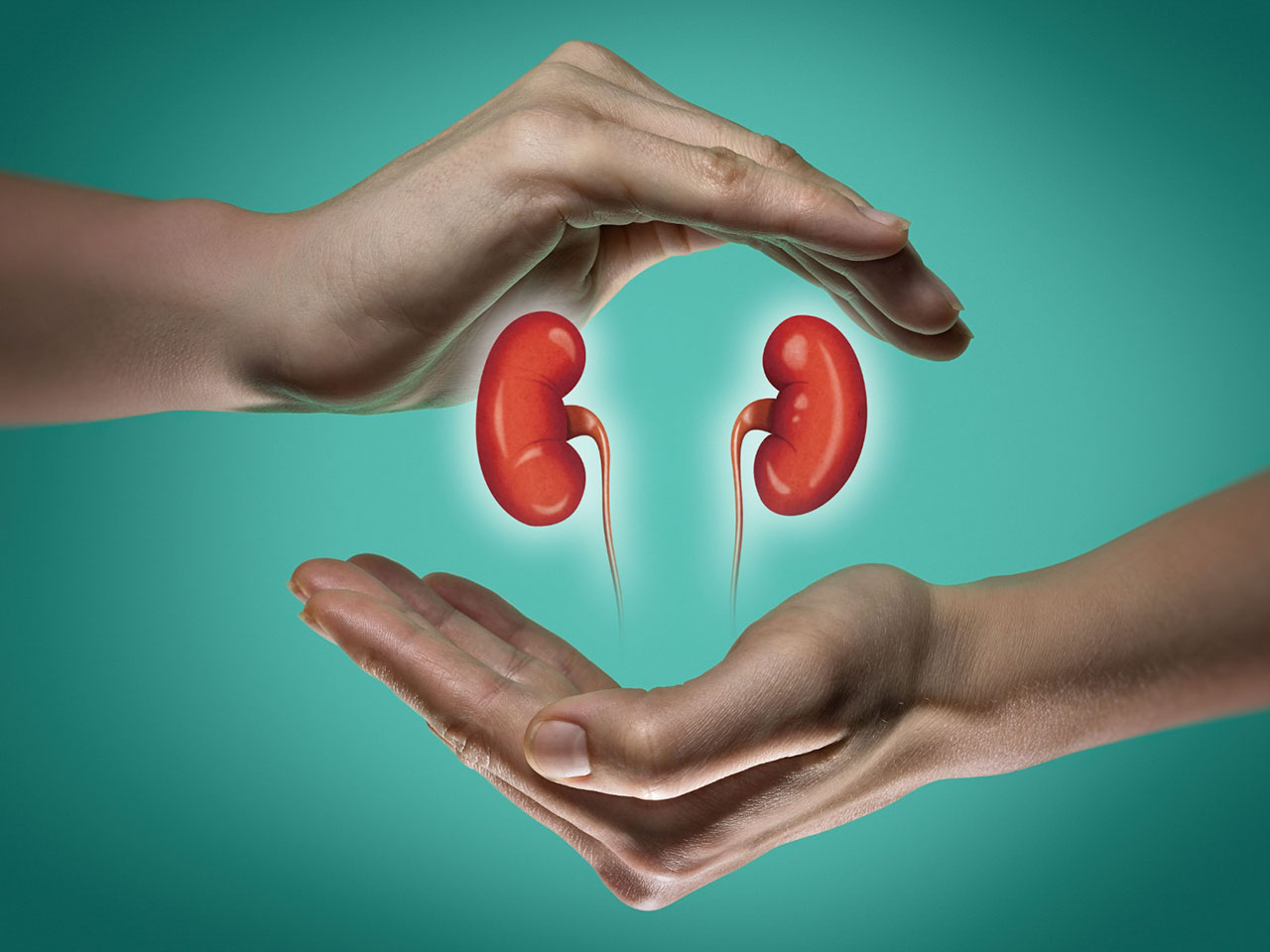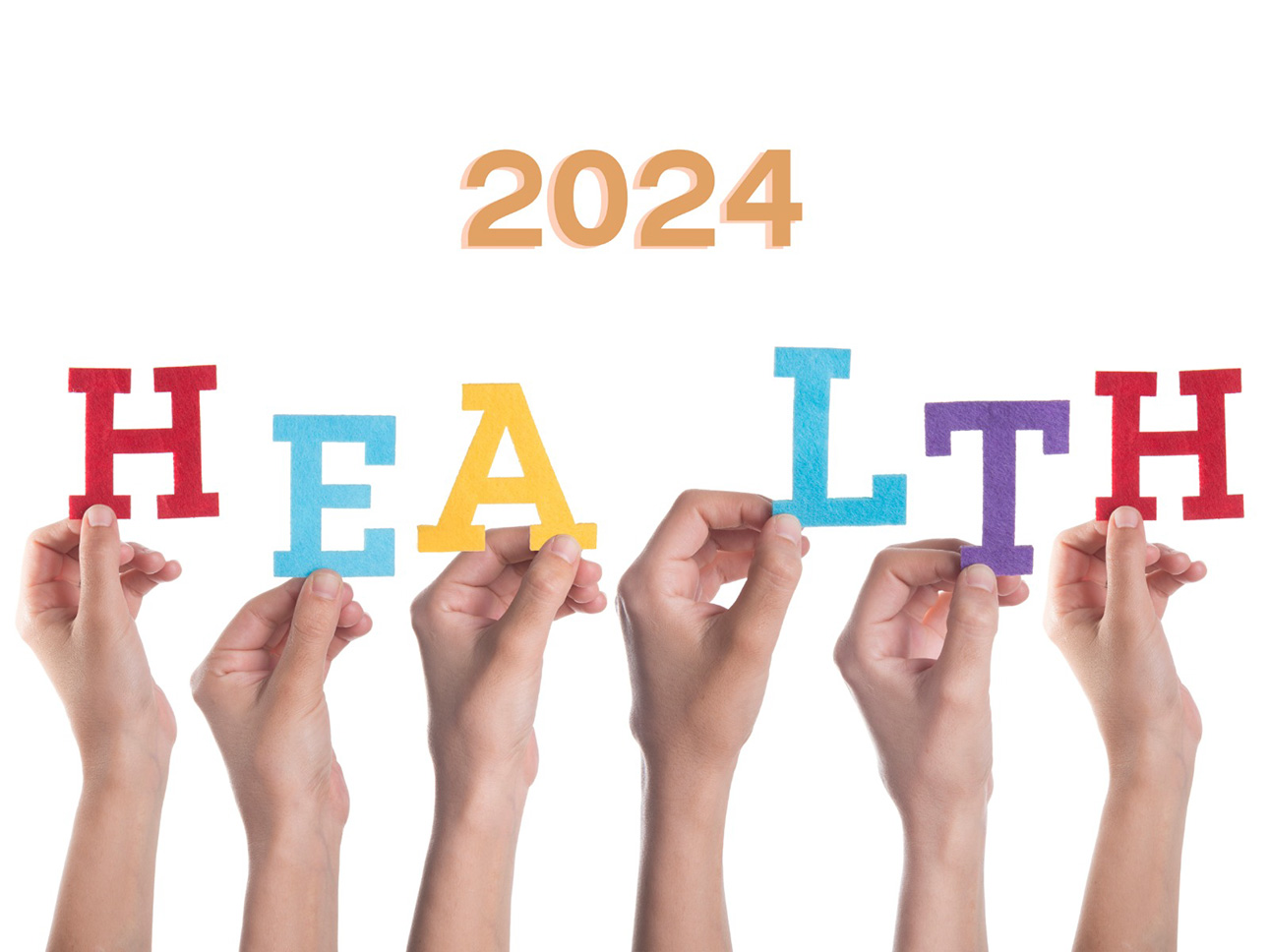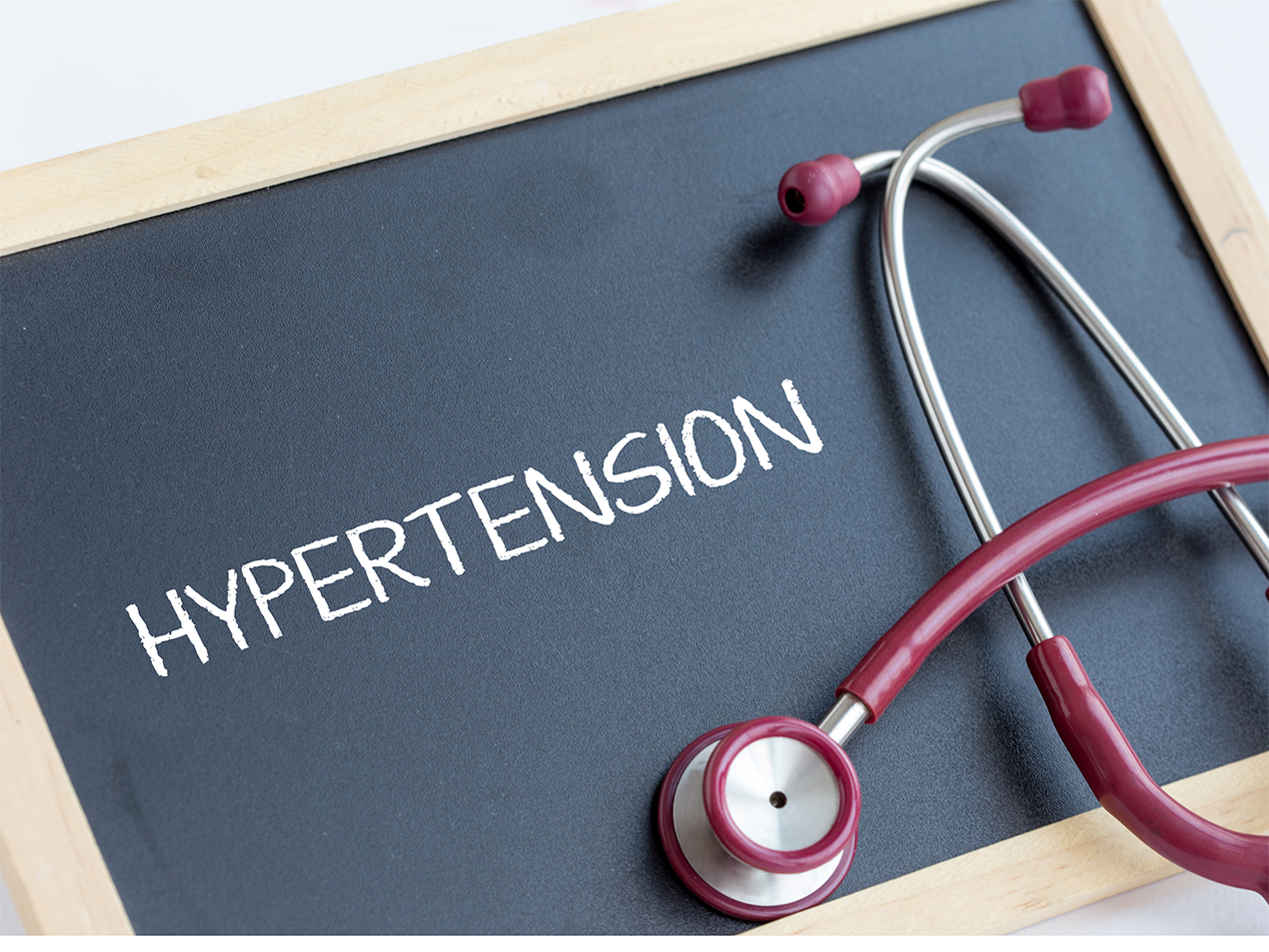Breathless World: Navigating the Impact of Declining Air Quality on Our Lungs
In cities across the globe, the air we breathe is becoming increasingly toxic. The insidious creep of air pollution poses a grave threat to our health, with our lungs bearing the brunt of this environmental assault. Understanding the relationship between declining air quality and lung health is more critical now than ever.
The Science Behind Air Quality and Lung Health:
Airborne pollutants, particularly particulate matter (PM2.5 and PM10), nitrogen oxides (NOx), sulfur dioxide (SO2), and ground-level ozone, infiltrate our respiratory system with every breath. These pollutants can cause immediate irritation of the airways, exacerbate asthma, and lead to chronic respiratory diseases like COPD and lung cancer over time. The microscopic size of particulate matter allows it to penetrate deep into lung tissue, causing inflammation and reducing lung function.
Vulnerable Populations:
Children, whose lungs are still developing, the elderly, and individuals with pre-existing health conditions are especially vulnerable to the harmful effects of air pollution. These groups face a higher risk of hospitalization and long-term health complications due to exposure to contaminated air.
Mitigating Health Risks:
To protect yourself and your loved ones, stay informed about the Air Quality Index (AQI) in your area and limit outdoor activities during high pollution days. Consider using air purifiers at home and wearing N95 masks when necessary. Improving ventilation and keeping indoor plants can also enhance indoor air quality.
Community and Policy Action:
Efforts to combat air pollution have shown promising results. Policies aimed at reducing emissions from vehicles and industries, urban green spaces, and public awareness campaigns play a crucial role in improving air quality. Community initiatives, such as carpooling and advocating for renewable energy, contribute to these efforts.
The battle for cleaner air is not just an environmental challenge but a public health imperative. By taking proactive steps to protect our lung health and supporting policies that reduce air pollution, we can breathe easier and live healthier lives in our communities.
Stay vigilant about air quality, engage in practices that reduce pollution, and support clean air legislation. Together, we can make a difference for our lungs and our planet.

